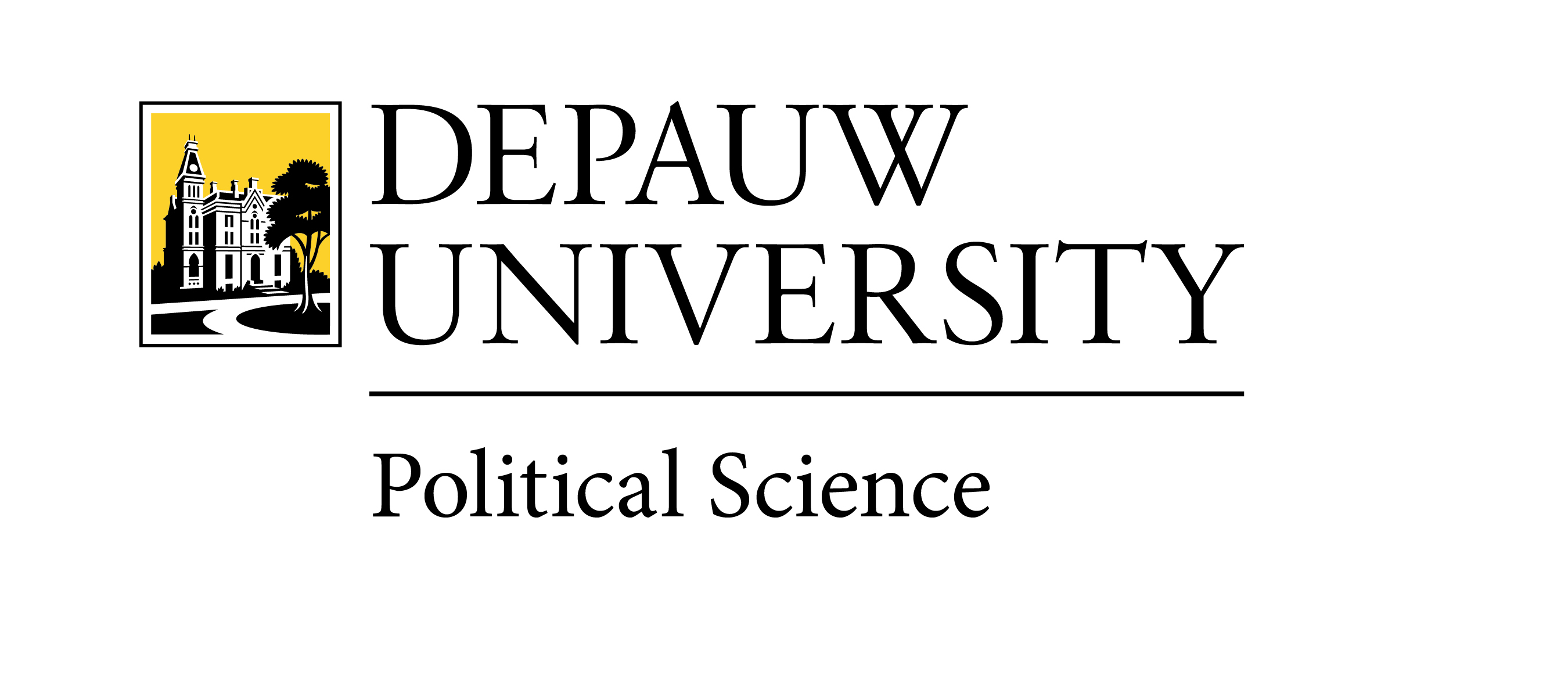Document Type
Article
Publication Date
11-20-2020
Abstract
Since 2014, public opinion data suggests that whites have become more supportive of the Black Lives Movement. The recent murders of George Floyd and Breonna Taylor have prompted a national debate about the need to address systemic racism in policing within the United States. Recent studies have shown how racial resentment has spilled over into a wide range of political issues that are not associated with race; however, no current research examines how racial resentment might shape whites’ views toward Black Lives Matter. Employing the racial reaction theory and the 2016 American Election Study Survey, we hypothesize and confirm that whites with high levels of racial resentment, conservative ideology, and those who indicated support for Donald Trump hold negative attitudes toward the Black Lives Matter movement. Our results also show that Asians and Hispanics hold negative attitudes toward the Black Lives Matter movement, but that whites have the highest racial resentment levels. The results raise doubts about whether the recent shift in white public opinion is sustainable. Given that racial resentment is a predictor of support for Black Lives Matter, scholars and activists should approach white support for Black Lives Matter with caution because it is likely that increased racial resentment may lead to sustained white opposition to the movement.
Recommended Citation
Riley, Emmitt Y., and Clarissa Peterson. (2020). I Can’t Breathe: Assessing the Role of Racial Resentment and Racial Prejudice in Whites’ Feelings toward Black Lives Matter. National Review of Black Politics, 1(4), 496-515. DOI: https://doi.org/10.1525/nrbp.2020.1.4.496



Comments
Published as Riley, Emmitt Y., and Clarissa Peterson. (2020). I Can’t Breathe: Assessing the Role of Racial Resentment and Racial Prejudice in Whites’ Feelings toward Black Lives Matter. National Review of Black Politics, 1(4), 496-515. © 2020 by the National Conference of Black Political Scientists. Copying and permissions notice: Authorization to copy this content beyond fair use (as specified in Sections 107 and 108 of the U. S. Copyright Law) for internal or personal use, or the internal or personal use of specific clients, is granted by [the Regents of the University of California/on behalf of the Sponsoring Society] for libraries and other users, provided that they are registered with and pay the specified fee via Rightslink® or directly with the Copyright Clearance Center.